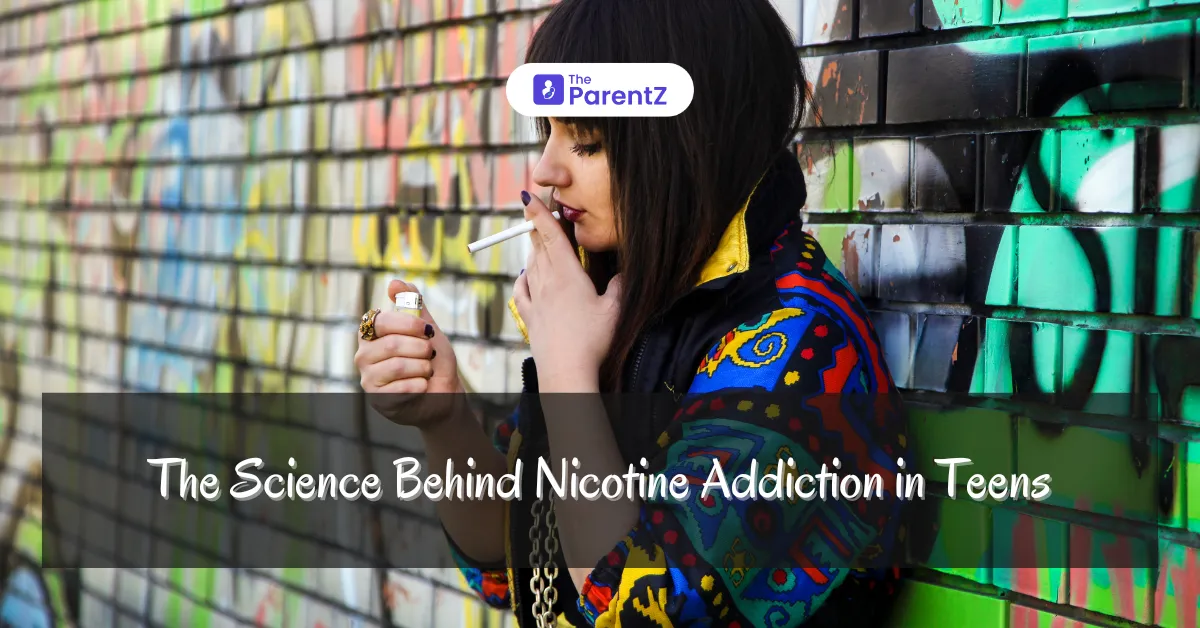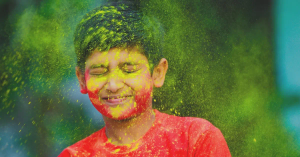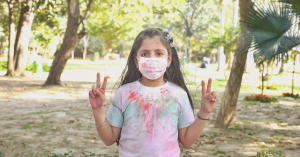Nicotine addiction in kids is a growing public health concern, especially with the increasing popularity of e-cigarettes and vaping. The addictive potential of nicotine is amplified in children due to their developing brains, making them more susceptible to long-term dependency and adverse health effects.
What is Nicotine Addiction?
Nicotine is a highly addictive chemical found in tobacco products, including cigarettes, vaping devices, and smokeless tobacco. It triggers changes in the brain’s reward system, reinforcing the urge to use it repeatedly.
How Nicotine Affects Kids’ Brains
1. Developing Brain Vulnerability:
• The human brain continues to develop until around age 25.
• In children and teens, the prefrontal cortex (responsible for decision-making and impulse control) is still maturing.
• Nicotine disrupts brain development, leading to increased risk-taking behaviors and heightened susceptibility to addiction.
2. Impact on the Reward System:
• Nicotine binds to nicotinic acetylcholine receptors in the brain.
• This triggers the release of dopamine, a neurotransmitter that creates feelings of pleasure and reward.
• Over time, repeated exposure causes the brain to rely on nicotine to release dopamine, fostering dependency.
3. Memory and Cognitive Impairment:
• Nicotine alters neural circuits involved in memory, learning, and concentration.
• Kids who use nicotine may face long-term cognitive deficits.
4. Increased Sensitivity to Addiction:
• Early exposure to nicotine primes the brain for other substance addictions in adulthood, such as alcohol or drugs.
Why Kids Get Addicted to Nicotine Faster
1. High Dopamine Response:
• Children experience a stronger dopamine release, making the nicotine “reward” more intense.
2. Peer Pressure and Marketing:
• Flavored vaping products and advertisements target young users, increasing experimentation rates.
3. Behavioral Reinforcement:
• Nicotine creates a cycle of dependency by alleviating withdrawal symptoms, encouraging continued use.
Health Risks of Nicotine Addiction in Kids
1. Respiratory Issues:
• Vaping and smoking can cause chronic cough, bronchitis, and decreased lung function.
2. Heart and Circulatory System:
• Nicotine raises heart rate and blood pressure, increasing the risk of cardiovascular issues later in life.
3. Mental Health:
• Linked to increased anxiety, depression, and mood swings in adolescents.
Breaking Nicotine Addiction: The Science of Treatment
1. Behavioral Therapy:
• Cognitive-behavioral therapy (CBT) helps children identify triggers and develop healthier coping mechanisms.
2. Nicotine Replacement Therapy (NRT):
• In carefully monitored doses, NRT (e.g., gums, patches) reduces withdrawal symptoms.
• Approved for teens in consultation with a healthcare provider.
3. Support Groups:
• Peer support programs provide encouragement and shared experiences.
Prevention Strategies
1. Parental Guidance:
• Discuss the dangers of nicotine use openly and set clear expectations.
2. School Programs:
• Integrate anti-smoking education into school curriculums.
3. Policy Measures:
• Ban flavored nicotine products that appeal to kids.
4. Monitoring Devices:
• Limit access to vaping products through stricter retail controls.
Note for Parents
Nicotine addiction in kids is preventable with early intervention and education. Stay informed about the risks of vaping and tobacco products, and create a supportive environment to help your child avoid these harmful habits.
Explore related articles on the TPZ app
• “How Vaping Impacts Pediatric Health.”
• “Breaking Bad Habits in Kids: A Psychological Perspective.”






